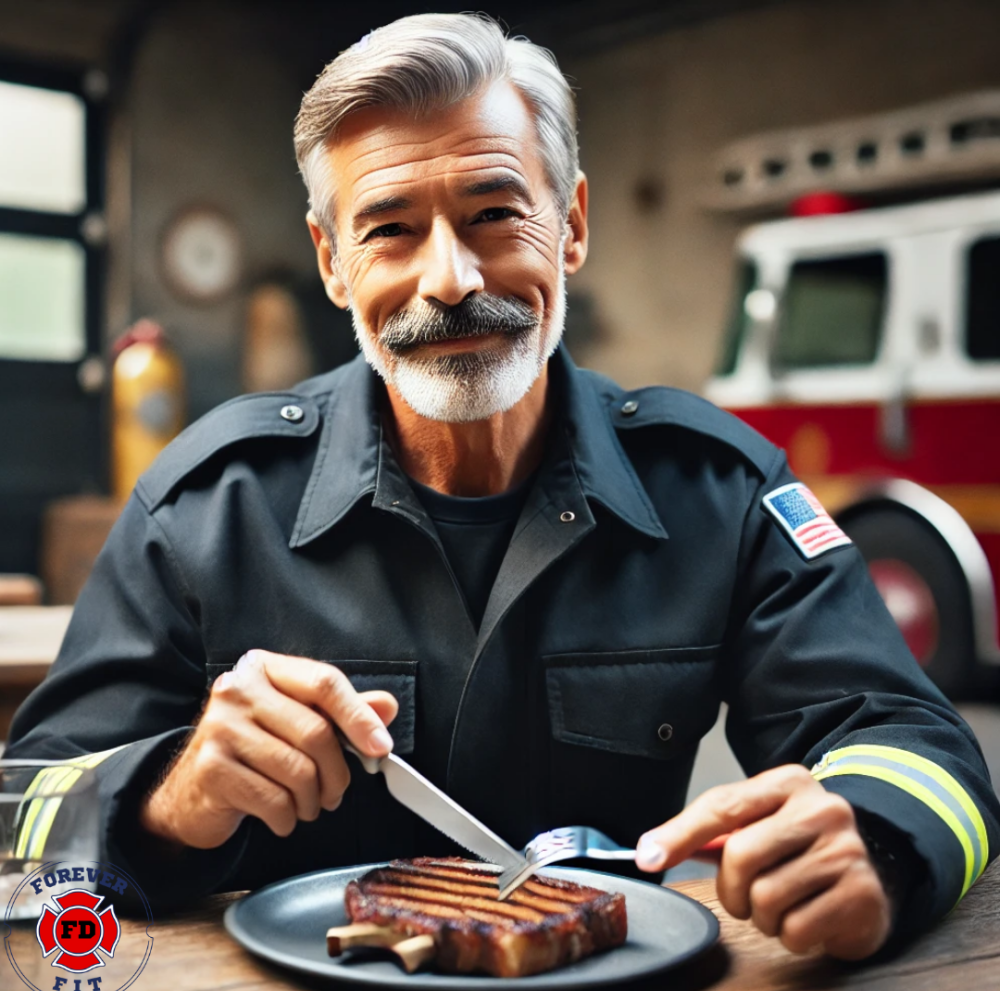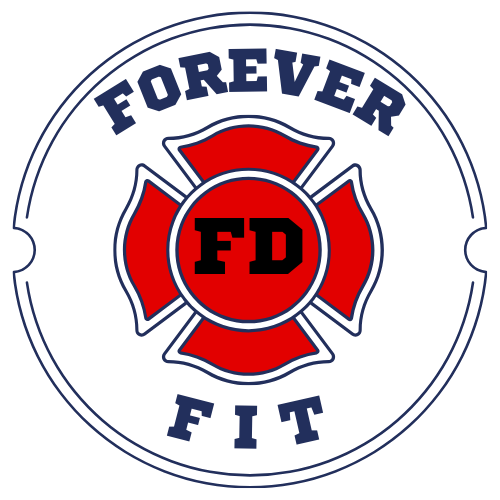Protein is crucial for everyone, but retired firefighters have unique needs. It’s not just about maintaining muscle mass—protein helps with overall recovery and long-term health. Let’s explore how.
While on active duty, firefighters face physically demanding tasks that burn through protein and energy. Once retired, the extreme physical activities might decrease, but the body’s requirement for protein remains essential. The body still needs protein to repair tissues, support the immune system, and maintain muscle health.
Retired firefighters need to adjust their protein intake to match their new lifestyle. While they might not need as much as during their active years, getting enough protein is still vital. This helps with muscle maintenance, quicker recovery from minor injuries, and staying active and mobile.
One key difference is muscle loss. After years of high physical activity, the body may start losing muscle mass without proper protein intake. The risk of muscle atrophy can increase, making protein even more important to maintain strength and mobility. Additionally, a well-balanced diet with adequate protein can prevent other age-related issues like osteoporosis.
How to Determine Optimal Protein Intake for Retired Firefighters
Determining the right amount of protein involves considering a variety of factors. Unlike younger, more physically active individuals, retired firefighters must factor in age, body weight, and activity levels.
Age plays a significant role. As the body ages, its efficiency in processing protein decreases, meaning older adults need slightly more protein relative to their body weight. This helps maintain muscle mass and supports other bodily functions.
Body weight is another crucial factor. Typically, the general recommendation for older adults is about 1 to 1.2 grams of protein per kilogram of body weight each day. For instance, a retired firefighter weighing 70 kilograms (approx. 154 pounds) should aim for 70 to 84 grams of protein daily.
Activity level is also key. Even if retired, staying active is beneficial for overall health. Light exercises, such as walking or swimming, can help maintain muscle strength. Moderate activity levels might require a bit more protein, closer to what was needed during active firefighting days.
Personal preferences and tolerance play a role too. Some might prefer getting their protein from animal sources, while others might lean towards plant-based options. Ensuring varied protein sources can help with digestive health and overall nutrient intake. Tracking intake and consulting with a healthcare provider or a nutritionist can help fine-tune individual protein needs.
Best Sources of Protein for Retired Firefighters
Including high-quality protein sources in your diet is crucial for maintaining health and muscle mass. Retired firefighters have a range of options to choose from, ensuring they get the nutrients they need.

Animal-based proteins are often considered complete proteins because they contain all essential amino acids. Lean meats like chicken, turkey, and fish are excellent options. Fatty fish, like salmon, also provide essential omega-3 fatty acids, which support heart health.
Eggs and dairy products are another category of high-quality protein sources. Greek yogurt, cottage cheese, and milk offer both protein and essential vitamins, making them good choices for any meal or snack.
Plant-based proteins can be just as effective. Beans, lentils, and chickpeas are packed with protein and fiber, promoting digestive health. Nuts and seeds, such as almonds, chia seeds, and flaxseeds, provide protein along with healthy fats.
Don’t forget about protein-rich grains like quinoa and farro. These not only provide protein but also valuable nutrients such as iron and magnesium. Incorporating a variety of these grains into meals can help keep the diet interesting and balanced.
For those who need a quick protein boost, protein supplements can be handy. Whey protein is a popular choice among many, but for those avoiding dairy, plant-based powders like pea or hemp protein can be just as effective. Always consult with a healthcare provider before starting any supplement to ensure it fits well with your overall nutrition plan.
Combining different protein sources throughout the day can ensure a well-rounded intake. For example, mixing plant-based proteins like beans and rice together creates a complete protein profile. Ensuring diversity in food choices not only meets protein needs but also contributes to overall dietary satisfaction.
Practical Firefighter Nutrition Tips for a Healthy Retirement
Balancing protein with other nutrients is key. While protein is essential, making sure to get a good mix of carbohydrates, fats, vitamins, and minerals ensures overall health. Carbohydrates provide the necessary energy for daily activities, while healthy fats support brain function and reduce inflammation. Including a variety of fruits and vegetables in meals adds essential vitamins and minerals.
Meal planning and preparation can help maintain a nutritious diet. Preparing meals ahead of time ensures that you have healthy options readily available, preventing the temptation of less nutritious food choices. Simple strategies, like cooking larger portions and storing them for future meals, save time and effort. Having a well-stocked pantry with essentials like canned beans, whole grains, and frozen vegetables can make meal prep easier.

Hydration is another critical aspect often overlooked. Dehydration can affect energy levels and overall health. Making sure to drink plenty of water throughout the day supports all bodily functions. Including hydrating foods like cucumbers, tomatoes, and melons in the diet can also contribute to fluid intake.
Adopting a balanced lifestyle can enhance health and well-being. Regular exercise, even light activities like walking or yoga, boosts both physical and mental health. Getting enough sleep is equally important, as it allows the body to repair and rejuvenate. Stress management techniques, like meditation or hobbies, help maintain a positive outlook, contributing to overall wellness in retirement.
Retired firefighters can benefit from comprehensive nutrition and lifestyle strategies to maintain their health. By focusing on balanced meals, regular physical activity, proper hydration, and overall well-being, they can enjoy a healthy and fulfilling retirement.
Please leave a comment with any insights or questions about protein intake for retired firefighters, ok?
